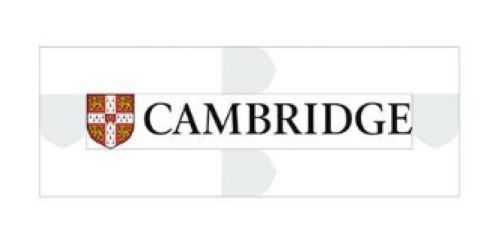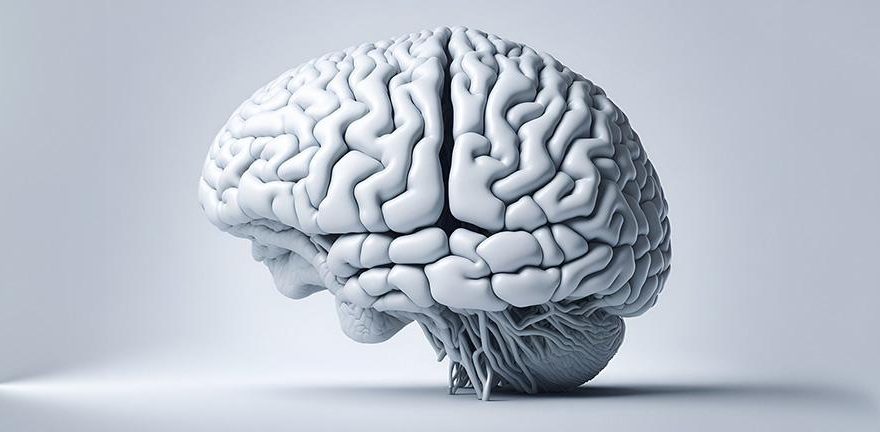The International Education group at Cambridge University Press & Assessment (Cambridge), today announced an expansion of its series of Cambridge Checkpoint tests, valued for their role in helping schools identify the learning needs of primary and lower secondary students. Over 1600 schools
Cambridge
Particularly in older adults New research has revealed the strongest evidence that the human brain can compensate for age-related cognitive decline by recruiting alternative brain regions to maintain cognitive function. This breakthrough could explain why some older adults preserve cognitive abilities better than others. As we age, our brains undergo a natural process of
University of Cambridge move A groundbreaking clinical trial, which could lead to a new screening programme for oesophageal cancer, has inducted its first participants. The BEST4 Screening trial is testing a novel pill-on-a-thread device designed to detect Barrett’s oesophagus, a condition that can lead to oesophageal cancer. The innovative method offers a promising, less
Even when connecting online Scientists have uncovered new insights into the impact of isolation on teenagers, revealing that even brief periods of being alone can heighten sensitivity to threats. This heightened “threat alert” response, which remains even when adolescents are interacting with others online, may provide valuable clues about the rising incidence of anxiety
Researchers explore accelerated version of TMS A groundbreaking therapy that utilises magnetic fields on both sides of the brain has demonstrated effectiveness in swiftly alleviating depression symptoms, particularly for patients who have not responded to traditional treatments. This innovative method, repetitive transcranial magnetic stimulation (TMS), can be administered
Study conducted by the University of Cambridge Cambridge researchers have leveraged Artificial Intelligence (AI) to forecast the nutritional quality of menus in cafés, takeaways, and restaurants in Britain. This groundbreaking study, featured in Health & Place, reveals disparities in food environments across British local authorities, especially affecting residents in
Initiative aimed at students aged 11 to 14 Mathematicians from the University of Cambridge have launched a comprehensive set of resources aimed at helping students and teachers comprehend the vital role mathematics plays in combating infectious diseases. Named the ‘Contagious Maths’ project, this educational endeavour is spearheaded by Professor Julia Gog from Cambridge’s

















